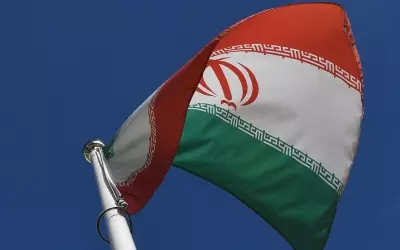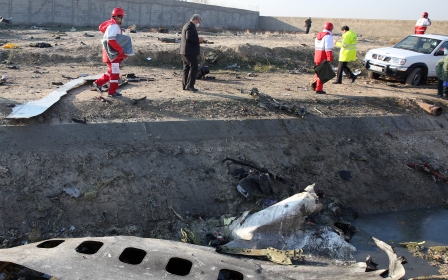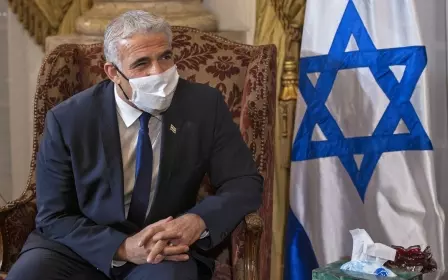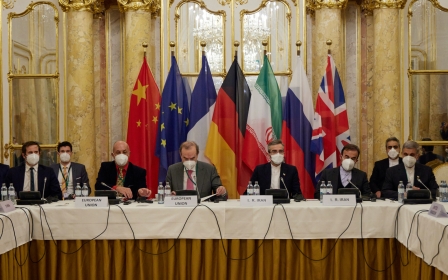US: House Republicans call on Biden to leave Iran nuclear talks
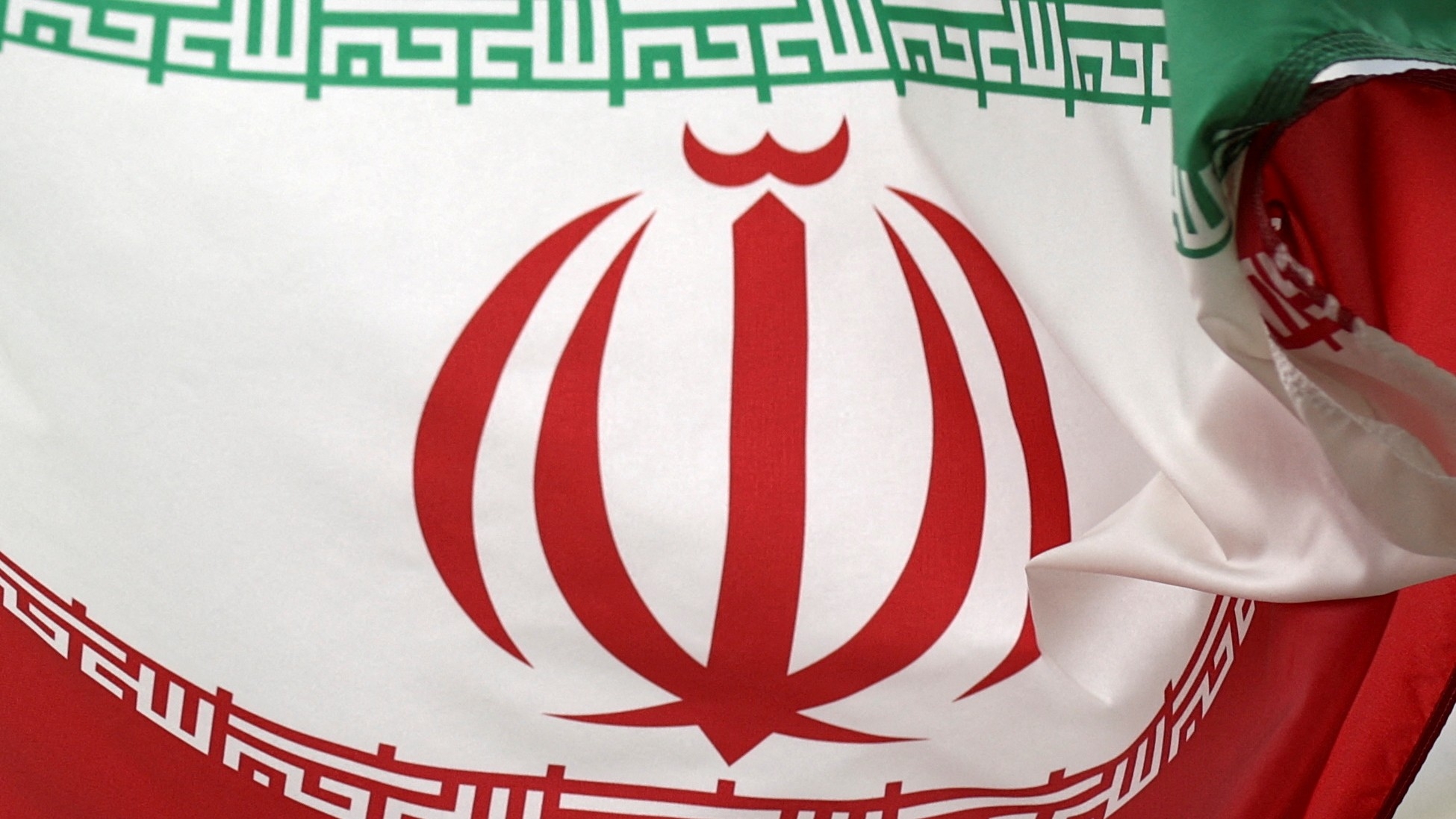
More than 100 House Republicans are calling on the Biden administration to walk away from ongoing negotiations in Vienna that seek a return to the 2015 Iran nuclear deal with world powers.
In a letter addressed to Secretary of State Antony Blinken, the 110 lawmakers urged the White House to enforce existing sanctions against Tehran that were issued after the US withdrew from the deal in 2018 during the administration of Donald Trump.
"Iran's growing nuclear provocations, while stalling progress in negotiations, are the epitome of bad faith," the letter released on Tuesday reads.
"The United States and our partners must increase pressure on Iran to stop its dangerous nuclear advancements."
Republican members of both the House and Senate have been opposed to a potential return to the accord, known officially as the Joint Comprehensive Plan of Action (JCPOA), and have advocated for the hawkish approach adopted by the Trump administration.
In addition to offering up statements opposed to the return to talks, Republican lawmakers have introduced bills and policy proposals that would oppose lifting any sanctions on the Islamic Republic and also issue new sanctions.
Tuesday's letter particularly calls on the Biden administration to enforce existing sanctions on Iran's oil trade with China.
In the final months of 2021, Beijing ramped up imports of Iranian crude which almost reached 18 million barrels in November, according to the market intelligence firm Kpler.
Official Chinese data, however, states that it has not received Iranian oil since December 2020.
"It is well past time for the Administration to end these farcical negotiations and fully enforce our existing sanctions to slash this vital source of revenue for the Iranian regime," the letter said.
Increased tensions
When asked about the letter from the Republican lawmakers, a State Department spokesperson told The Hill that the administration "believes that diplomacy, in coordination with our allies and regional partners, is the best path" forward in the ongoing negotiations.
An eighth round of indirect talks between the US and Iran began in Vienna in November, with both sides aiming to reenter the 2015 accord.
Last month, some Biden officials warned that talks were not going as well as anticipated, and US Special Envoy for Iran Robert Malley said that "it seems very clear [Iran] is trying to build leverage by expanding their nuclear programme and hoping to use that leverage to get a better deal".
Tehran and Washington have also spent the past several weeks exchanging increasingly escalating threats, with Iran on Saturday placing sanctions on 51 Americans, including political and military officials, in retaliation for the 2020 assassination of Iranian General Qassim Soleimani.
US National Security Adviser Jake Sullivan responded, saying that Iran would "face severe consequences" if it attacked any Americans, including those hit with the new sanctions.
'The runway is short. The runway is very, very short'
- Ned Price, US State Department spokesperson
Despite the escalations, Iran has issued an optimistic tone on the latest round of talks.
Two people familiar with the talks told The New York Times that Iranian negotiators have conceded to work from a draft agreement worked out by the negotiating team of the previous Iranian president, Hassan Rouhani.
That agreement would see the US lift all sanctions related to the nuclear deal, while keeping those unrelated to the agreement, and Iran would return to its technical commitments regarding its nuclear programme under the old treaty.
Still, the US has remained cautious, with two senior State Department officials telling the newspaper how major points still needed to be addressed and that patience is wearing thin at the State Department.
In a press briefing on Wednesday, State Department spokesperson Ned Price said about the negotiations: "The runway is short. The runway is very, very short. We are not talking about a protracted period of time that remains. We are talking about potentially weeks, not months."
Middle East Eye delivers independent and unrivalled coverage and analysis of the Middle East, North Africa and beyond. To learn more about republishing this content and the associated fees, please fill out this form. More about MEE can be found here.


